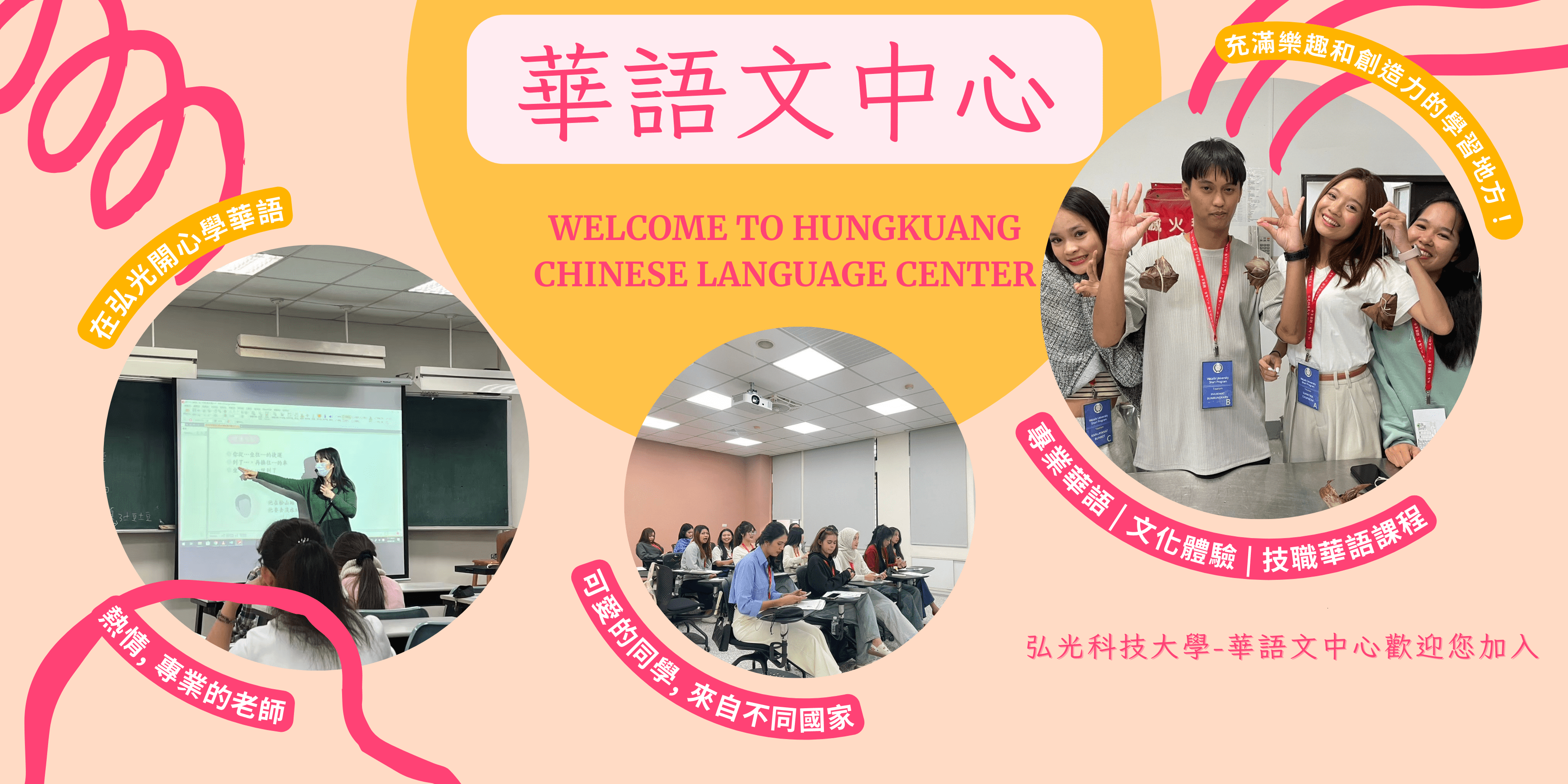


|
About Hungkuang Founded in 1967, Hungkuang University (HKU) is renowned for offering a diverse range of specialized degree programs, including Nursing, Medical and Healthcare, Human Sciences and Social Innovation, International Hospitality and Tourism, and Intelligent Technology. The university focuses on developing students’ applied skills, cross-cultural understanding, and global perspectives, with the goal of enhancing students’ professional expertise and international competitiveness. Hungkuang University (HKU) is located in Shalu District, Taichung City, with easy access via multiple bus routes. It is close to Taichung International Airport, as well as the Shalu and Longjing interchanges on National Freeway 3, and is just a 10-minute drive from Shalu Railway Station and 25 minutes from Taichung City Hall MRT station. The surrounding area is rich in cultural and historical landmarks and stunning natural attractions, such as the famous Dajia Mazu Temple, the National Taichung Theater, and the beautiful Gaomei Wetlands, making it ideal for international students to explore and experience central Taiwan’s rich heritage and nature during their free time.
|
 |
|
About Center The Chinese Language Center of Hungkuang University (CLC of HKU) is your gateway to mastering Chinese! With a team of highly experienced instructors, we are committed to helping our students excel in the TOCFL exam and achieve fluency. Our comprehensive courses are specially designed for international students, providing an immersive and engaging learning experience. Our program integrates cultural courses. Students will have chances to experience HKU’s specialized vocational courses as well. Through our “learning by doing” approach, students not only learn Chinese language, but also experience Taiwanese culture and explore their interests and potential future career paths. Join us and take your Chinese learning journey to the next level!
|